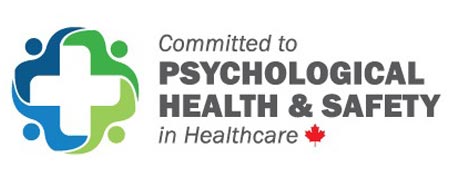In 2017, CSMLS sent a survey to all members asking them to impart their professional wisdom so, together, we could help the future medical laboratory workforce. The survey asked, “If you could teach students one thing today that you have learned in your career, what would that be?” We want to share some of those quotes with you as it may help support your mental health along they way and better prepare you for the future.
Also, we want to include your voice on the stress of mental health taken from other CSMLS studies and personal messages that we have received. Those who sent us their stories enriched our view of mental health in the profession.
These words reinforced that we need to stand together as a professional community and support one another. Through the Mental Health Initiative, which includes this Toolkit, our signed Declaration to support mental health in the workplace and continued efforts to advocate on your behalf, is important to CSMLS and our members. Together we are enacting change each day.
Here is a perfect example of why it is so important to make change:





